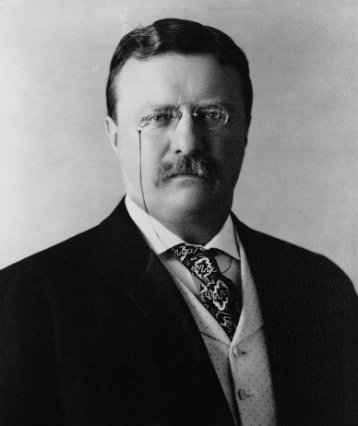Return to The Meaning of Abraham Lincoln’s Birthday.
Forward the Link
You want to share the page? Add your friend's email below.
Lincoln Centennial Address
Introduction
Return to The Meaning of Abraham Lincoln’s Birthday.



Post a Comment